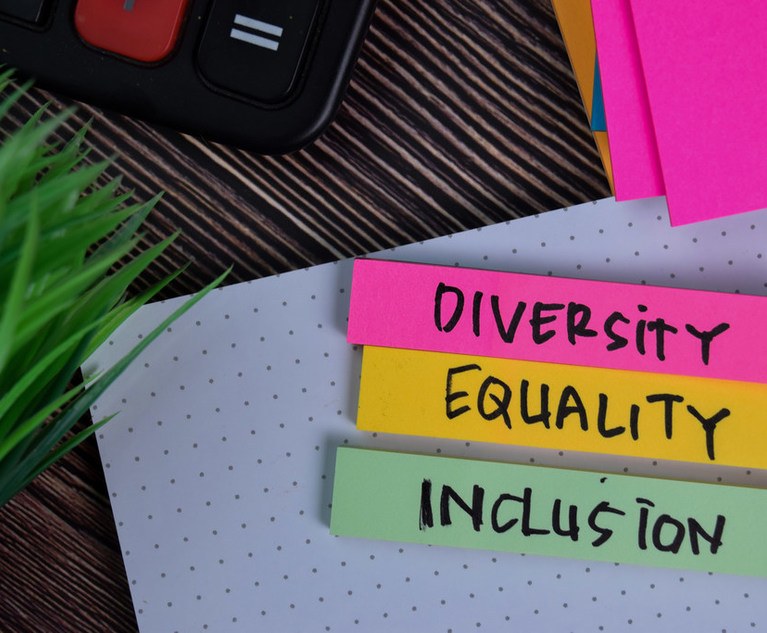Lack of diversity in the business of law is a well-documented problem. Women make up little more than a quarter of partners at 10 of the most prestigious firms on either side of the Atlantic, according to research by diversity-analytics company Pirical. In the United States, the number of minority partners is 10.9% and racial minorities make up about 8% of UK-based partners at elite British firms. Research also shows that intersectionality (the combination of different elements of a person’s identity which can be subject to discrimination) compounds work-based inequalities. For instance, the 2020 Vault/MCCA Law Firm Diversity Survey, which reflects the responses of 90% of the AmLaw 100, reported that only 3.88% of partners are women in any minority category.
Few would disagree that representation and diversity are important in all aspects of business. However, there is a fundamental benefit in having our courts and tribunals fairly represent the communities they serve: Increased diversity on arbitral tribunals is key to ensuring the integrity and efficacy of proceedings.
This content has been archived. It is available through our partners, LexisNexis® and Bloomberg Law.
To view this content, please continue to their sites.
Not a Lexis Subscriber?
Subscribe Now
Not a Bloomberg Law Subscriber?
Subscribe Now
LexisNexis® and Bloomberg Law are third party online distributors of the broad collection of current and archived versions of ALM's legal news publications. LexisNexis® and Bloomberg Law customers are able to access and use ALM's content, including content from the National Law Journal, The American Lawyer, Legaltech News, The New York Law Journal, and Corporate Counsel, as well as other sources of legal information.
For questions call 1-877-256-2472 or contact us at [email protected]


 Credit: syahrir/Adobe Stock
Credit: syahrir/Adobe Stock




